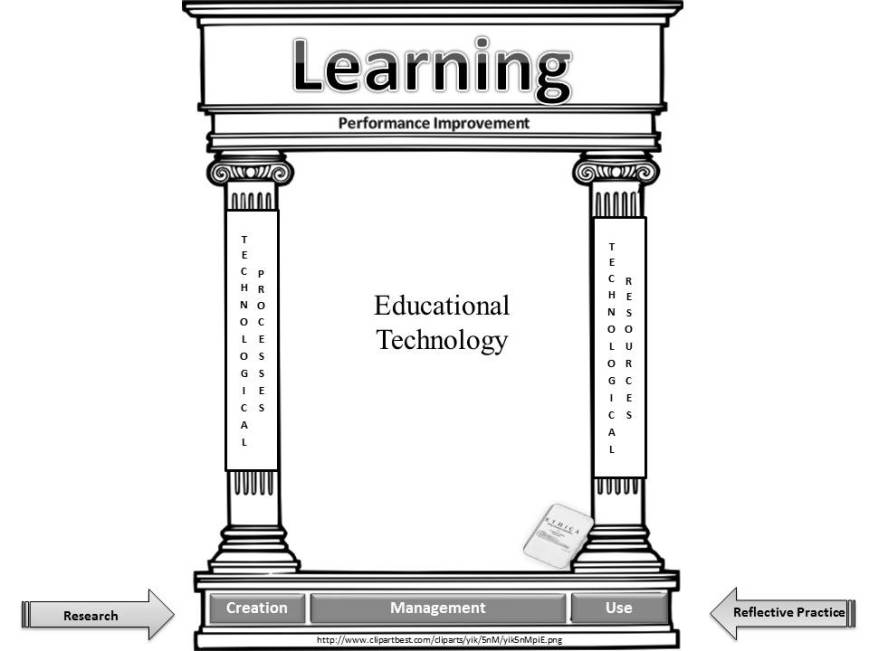This week I start a new and near-final chapter in my MET program. EDTECH 543 (Social Network Learning) should nicely complement my recently completed course on openness (EDTECH 597). This is blog post is a reflection on my current use of social media for professional development and teaching.

From Wikipedia and Brian Solis and JESS3 (theconversationprism.com)
What are your initial reactions about joining these social networks for use in this course? I assumed we would use social media in this class. I have accounts for all the tools mentioned this week. I use Twitter and Diigo daily. I don’t use Facebook other than to occasionally (once a week or less) check on what my friends have been up to.
What is your experience in using social media for your own professional development? I have been using Twitter and Diigo daily for professional development for several years. They have been very valuable tools to find and share resources. They are also very valuable for finding thought leaders in education and educational technology. I am a physician and didn’t know the names of education leaders outside of medicine. Twitter (and blogs) has allowed me to expand my personal learning network outside of medicine. I use Google+ some for PD. In the areas that I follow it’s not as risk of a resource as Twitter. I don’t use Facebook for PD (or much of anything). I’m just not a fan of its organization. I think you have to have a couple of resources that you can keep up with regularly and understand how to use and try not to engage with too many social media. A lot of time can be wasted.
What is your experience in using social media as an instructional strategy in your learning environment? It’s limited as I teach in the medical field which is way behind in using online and social media for education. This year I started a Diigo group for a weekly noon conference where I post I important article or resource related to the topic of the conference. We have about 120 residents and 30 faculty who have been invited to join the group and only 24 have in the last month. No one, other than me, has posted anything. I have used Google+ in the past to run a course because our in-house designed LMS has no discussion board feature and I needed a discussion board for a class. I am going to study Twitter this spring in one of my classes to see if tweets of hard to understand topics improve knowledge. I use YouTube and SlideShare regularly to teach. I use WordPress blogs as class sites 2 two things that I teach.
What are your expectations for this course? I feel comfortable using social media for my own learning but want to get exposed to more ways to use it in teaching. I also want to get exposed to some of the theory and research data about its use (though I’m not sure we are scheduled to cover this or not). I’m a theory geek and like a deeper understanding of things. I also hope we have freedom to use social media we want to and not be forced to use certain platforms at all times. I am worried about so much use of Facebook as I just don’t like Facebook.
I look forward to expanding my knowledge and facility of using social media tools. I also look forward to seeing how teachers outside of my profession use social media.
